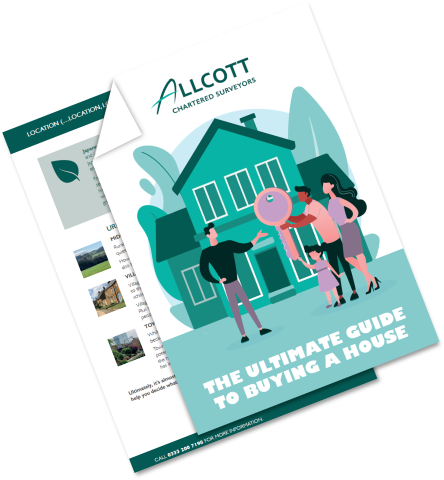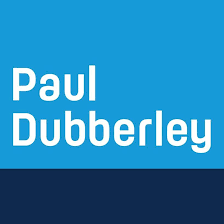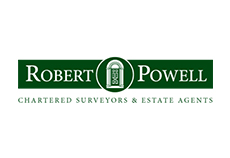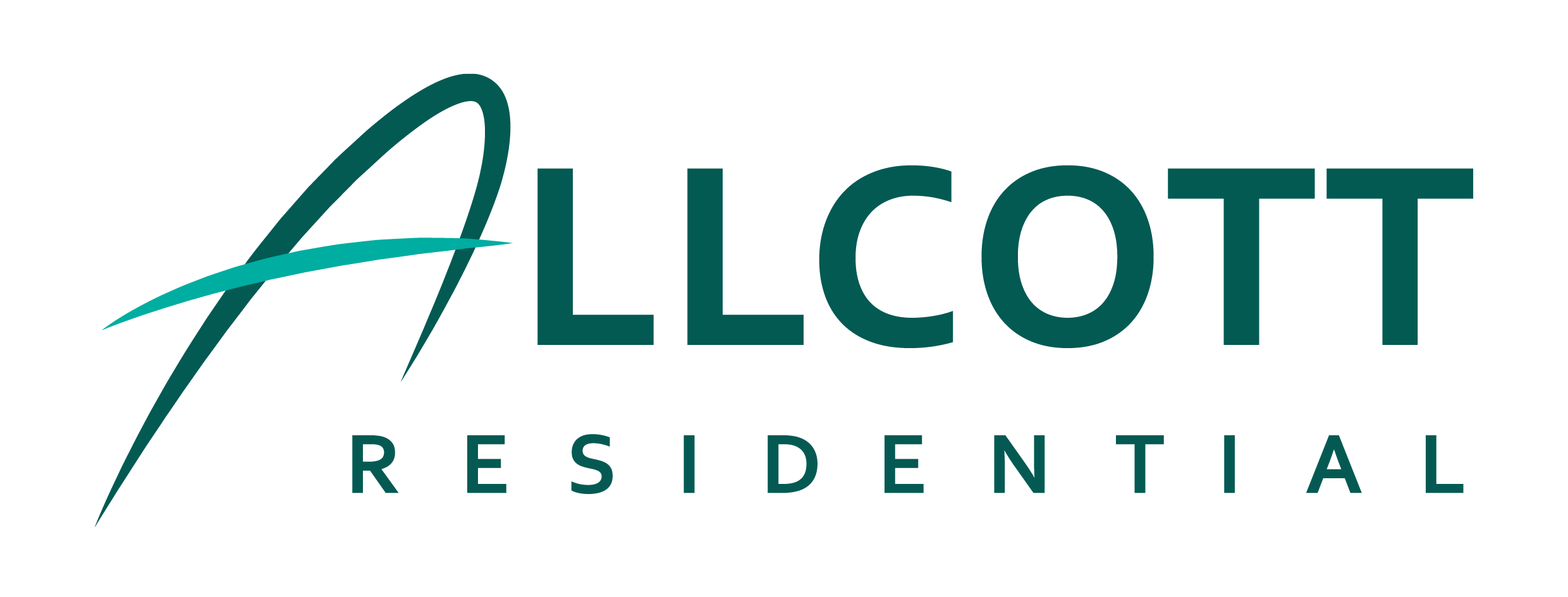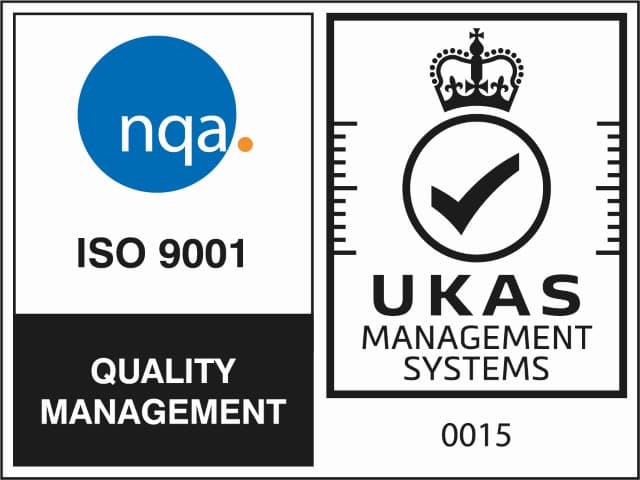The properties you look at will all be purchased either ‘freehold’ or ‘leasehold’. But what does this mean?
Freehold means that you are buying the house and the land outright.
Leasehold means that you are buying the rights to the property for a set period, usually from 125 to 999 years. The freeholder will retain ownership of the land, and you will need to comply with any rules included in the leasehold terms. You are also likely to have to pay service charges – the estate agent has to give you information on these charges and the lease length, and it’s important to bear these costs in mind when deciding on a property. It is also worth asking about when and how charges are likely to increase over time.
GROUND RENT. You may hear ground rent and administration charges mentioned when people talk about taking on a leasehold property; however, following the Leasehold Reform (Ground Rent) Act 2022, these charges have been abolished for new residential lease agreements.
If the remaining lease is getting short, and particularly if it’s under 80 years, it can affect the value of the property and your ability to sell it down the line. It can be tricky to find a mortgage for homes with less than 80 years remaining on the lease. Leaseholders normally have the right to extend their lease by 50 years for a house, or 90 years for a flat, but this is associated with significant charges, particularly if there are fewer than 60 years left on the lease. You can also ask the landlord at any time if you can buy the freehold from them, but they have no obligation to sell.
Most houses are freehold, and most flats are leasehold, but there are exceptions.
The majority of house purchases are freehold. In general, buying a leasehold is more complex, and there will be more for your conveyancer to consider. However, there is an advantage to a leasehold. Shared spaces are looked after by the landlord, and upkeep and maintenance of those areas is the landlord’s responsibility. For this reason, you should make sure that you also look closely at the communal areas, to check that they are in good condition. It’s also worth finding out if communal utility bills are paid promptly.
If you are looking at a leasehold property, you should review the guidance on the government Leasehold Advisory Service website.

